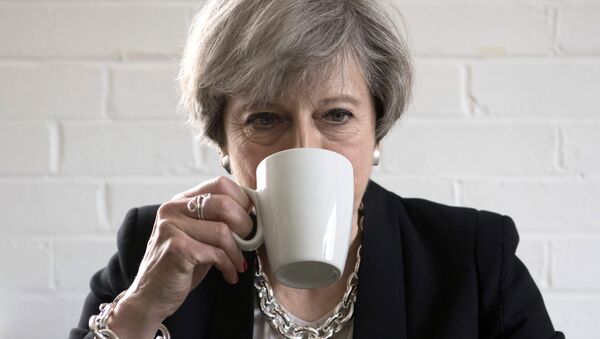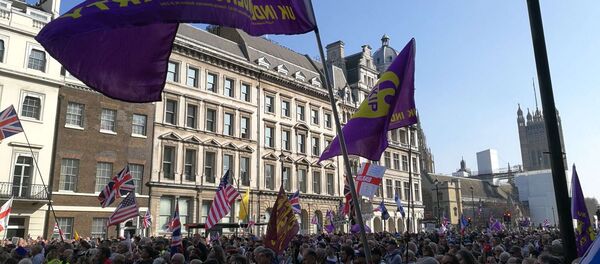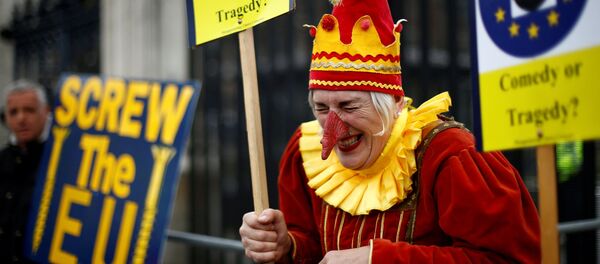Do you think Theresa May will offer her deal for Cabinet voting for the fourth time? If the deal is rejected again, what options will be left to deliver Brexit?
Dr Louise Thompson: I think this will depend on what happens on Monday when MPs have a second round of indicative votes. If it looks as though there is finally consensus around one option, it may be that we see a vote between what MPs have agreed to and the government’s negotiated deal. If there is still no consensus on an alternative, it could be a good time for May to put a meaningful vote four before MPs in the hope that they realise that this is now the only way of delivering Brexit. The tricky thing though will be getting a fourth vote past the Commons Speaker, who already tried to block the third vote and is not keen for MPs to vote on the same motion again. So the substance of it would have to be changed.
READ MORE: Kim Kardashian's Marriage and 5 Other Things That Brexit Outlasted
Do you believe that any breakthrough is real regarding the lack of support from the Labour Party and Northern Ireland’s DUP?
READ MORE: Brexit Extension With UK Holding EU Elections Likely After Commons Vote — UKIP
What do you make of the EU’s role in the entire Brexit process? Why European Commission President Jean-Claude Juncker repeatedly said that EU won’t renegotiate the terms of the Brexit Withdrawal Agreement reached in November of 2018?
Dr Louise Thompson: I think it’s as complex an issue for the EU as it is for the UK. The presence of European Parliamentary Elections and the President’s term coming to an end later this year have all increased the pressure to resolve this issue now. Renegotiating the deal will likely lead to a long extension. I think EU leaders are as keen to get Brexit sorted as the British public are!
Why, in your view, the Brexit process has turned out to be so complicated?
Leaving the votes on the deal to the last minute was also a tactical decision which has backfired. Parliament itself has added to this complication – it was backbench MPs who added the ‘meaningful vote’ requirement to Brexit legislation in the first place, during their scrutiny of the EU Withdrawal Bill. Had this not happened, we may not be in this situation! Finally, we can look at the decisions made by the Speaker. He has not been afraid to make controversial decisions – refusing to allow the meaningful vote to be put before the House again last week, leading to the decision to split the vote and only allow MPs to consider the withdrawal agreement (leaving the political declaration hanging in the air). A cross-party compromise amendment to the motion may have seen the deal pass on Friday, but the Speaker decided not to allow any amendments to be put before the House. All of this has added to the complexity of the situation.
The views and opinions expressed in this article are solely those of the speaker and do not necessarily reflect Sputnik's position.






